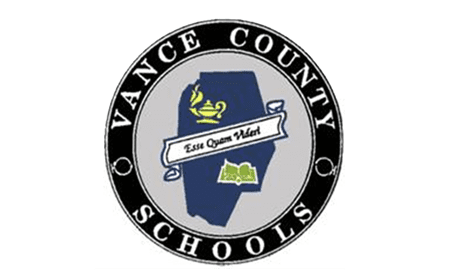Red Cross Needs O Negative Blood
Red Cross has significant need for type O negative blood
Type O negative is often needed in trauma situations
GREENVILLE, N.C. (March 23, 2016) — The American Red Cross has a significant need for type O negative blood donors to donate blood for patients.
Type O negative blood can be transfused to patients with any blood type and is often used in emergency situations. While less than 7 percent of the U.S. population has type O negative blood, hospitals depend on frequent O negative donations to ensure it’s always available for patients in need.
Eligible donors with type O negative blood are encouraged to make a whole blood or double red cell donation, where available, through the Red Cross. During a double red cell donation, two units of red blood cells are collected while most of the plasma and platelets are returned to the donor.
“Type O negative donors are an important part of the Red Cross trauma team,” said Nick Gehrig, communications director, Red Cross Blood Services. “While all blood types are needed, type O negative donations are necessary in emergency situations when there is no time to determine a patient’s blood type. Because there is such a high demand for type O negative blood, O negative donors are needed to donate often.”
Blood donation appointments can be quickly and easily scheduled by using the Red Cross Blood Donor App, visiting redcrossblood.org or calling 1-800-RED CROSS (1-800-733-2767).
Because of generous donors, the Red Cross is able to provide blood products to trauma patients like Carla Randecker. In 1995, a semi-truck failed to halt at a stop sign, changing Randecker’s life forever. She suffered a broken neck and femur. She woke from surgery to see a bag of blood attached to her IV.
“I’m O negative, a rarity,” said Randecker. “All I remember was, wow, someone gave their blood for me. I made a promise that day to do the same. When I was well enough, I’d return the favor.”
Randecker became a regular blood donor and gave for many years. This past year, her family fulfilled her wish to give blood together. Five of the family members who gave were type O negative, and since then, donating blood has become a family tradition. “If I teach them nothing else, it’s that they should always, always, do for others,” said Randecker.
The Red Cross must collect approximately 14,000 blood and platelet donations every day for the patients at about 2,600 hospitals and transfusion centers nationwide. Blood and platelets are needed to respond to patient emergencies, including accident and burn victims, heart surgery and organ transplant patients, and those receiving treatment for leukemia, cancer or sickle cell disease.
Those who come to donate now through May 15, 2016, will be entered to win four single-day tickets to any of 10 Cedar Fair theme parks in the U.S. For a full list of participating parks, visit redcross.cedarfair.com.
How to donate blood
Simply download the American Red Cross Blood Donor App, visit redcrossblood.org or call 1-800-RED CROSS (1-800-733-2767) to make an appointment or for more information. All blood types are needed to ensure a reliable supply for patients. A blood donor card or driver’s license or two other forms of identification are required at check-in. Individuals who are 17 years of age (16 with parental consent in some states), weigh at least 110 pounds and are in generally good health may be eligible to donate blood. High school students and other donors 18 years of age and younger also have to meet certain height and weight requirements.
Blood donors can now save time at their next donation by using RapidPass to complete their pre-donation reading and health history questionnaire online, on the day of their donation, prior to arriving at the blood drive. To get started and learn more, visit redcrossblood.org/RapidPass and follow the instructions on the site.
About the American Red Cross
The American Red Cross shelters, feeds and provides emotional support to victims of disasters; supplies about 40 percent of the nation’s blood; teaches skills that save lives; provides international humanitarian aid; and supports military members and their families. The Red Cross is a not-for-profit organization that depends on volunteers and the generosity of the American public to perform its mission. For more information, please visit redcross.org or cruzrojaamericana.org, or visit us on Twitter at @RedCross.
###
(Information provided in a press release from The American Red Cross.)








